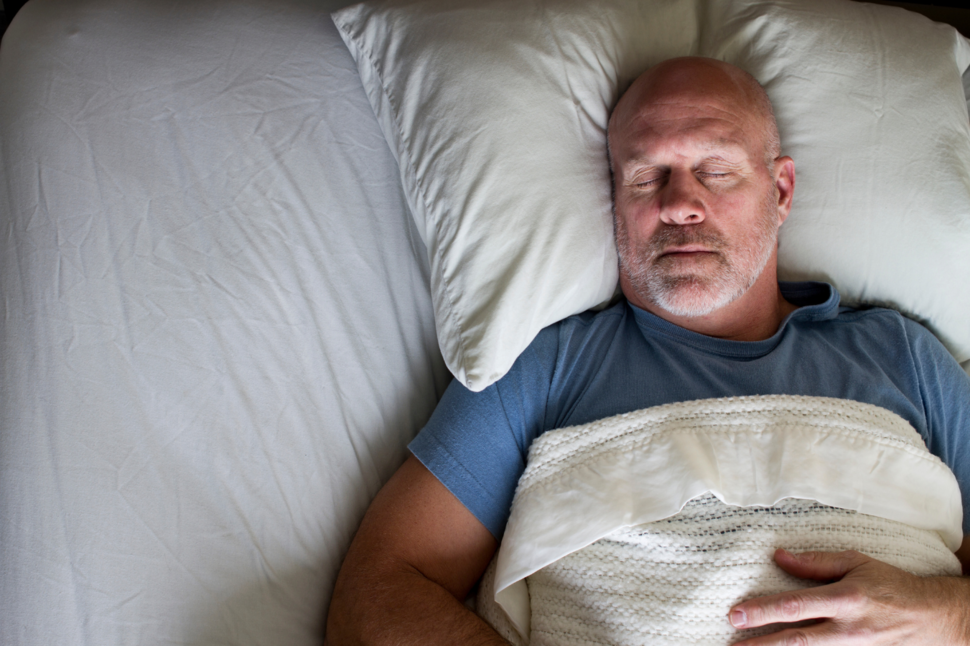Poor Sleep Quality Associated with Increased Prostate Cancer Risk
, by Jennifer Loukissas, M.P.P.
In a study of over 30,000 male participants in the UK Biobank, DCEG investigators found poor sleep quality to be associated with a 15-20% greater risk of prostate cancer, using accelerometer-based measures of sleep. Neither sleep duration nor timing were associated with prostate cancer risk. The findings were published November 28, 2023, in the Journal of the National Cancer Institute.
To date, evidence on the role of sleep duration, timing, and quality in risk of prostate cancer has been mixed, possibly due to limitations associated with use of self-reported sleep measures in previous studies. Joshua R. Freeman, Ph.D., M.P.H., a postdoctoral fellow in the Metabolic Epidemiology Branch, and colleagues, used a novel exposure assessment approach—wrist-worn accelerometers—to measure a variety of participant sleep characteristics.
Overall, the total number of hours spent asleep each night and timing of sleeping were not associated with risk of prostate cancer. In contrast, men who recorded 30 minutes or more of wakefulness after the onset of sleep had 15-20% greater risk of prostate cancer over the study follow-up period, compared to men who had less than 30 minutes of wakefulness after falling asleep.
These findings need to be replicated in additional studies, and in more diverse study populations. In the meantime, for everyone, obtaining adequate duration of sleep, maintaining consistent timing of sleep, and ensuring good sleep quality, when possible, is important for good overall health and well-being.
Reference
Freeman J et al. Actigraphy-derived measures of sleep and risk of prostate cancer in the UK Biobank. J Natl Cancer Inst. 2023.
